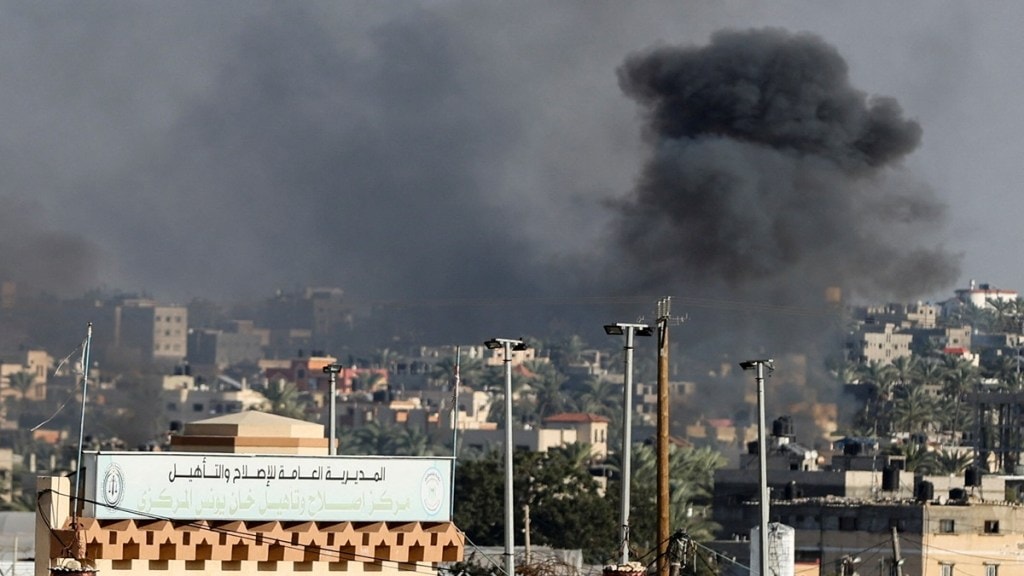Israel’s military intensified its air and ground offensive in Gaza on Saturday, supported by a U.S. veto blocking U.N. Security Council efforts to halt the conflict. The Israeli military had no immediate comment on the alleged abuse, while the conflict’s death toll in Gaza surpassed 17,700, with the majority being women and children.
Despite international pressure, the Biden administration remained opposed to an open-ended cease-fire, citing concerns about Hamas posing a threat to Israel. Criticism of the U.S. stance was expressed by Turkish President Recep Tayyip Erdogan, stating concerns about human rights and the Universal Declaration of Human Rights.
Emergency Sale of Ammunition
Washington approved an emergency sale of $106 million worth of tank ammunition, bypassing congressional review. The sale of nearly 14,000 rounds followed the U.S. veto and the rejection of a Security Council resolution for an immediate cease-fire.
Alleged Abuse of Palestinian Detainees Raises Concerns
Palestinian men released from detention in Gaza alleged mistreatment by Israeli forces. Accounts included being pulled out in their underwear, bound with zip ties, and subjected to beatings, with older detainees facing health risks.
Humanitarian Concerns
With the conflict entering its third month, Gaza residents reported severe food shortages. The World Food Program described the situation as “alarming,” with many in northern Gaza spending days without food.
Regional Developments
The Houthi rebels in Yemen threatened to block ships heading to Israeli ports, while Hezbollah claimed responsibility for attacks near the Israel-Lebanon border.
Diplomatic Criticism
Houthi rebels in Yemen threatened to target any ship heading to Israeli ports in the Red Sea and Arabian Sea until free access for food and medicine to Gaza is guaranteed.
Shelter Issues
While Muwasi was designated as a safe zone, Palestinians described overcrowded and dire conditions, including a lack of shelter and basic amenities. Gaza residents faced urgent needs, with reports of people sleeping on the sand, insufficient shelter, and extremely low overnight temperatures.
(With AP Inputs)

